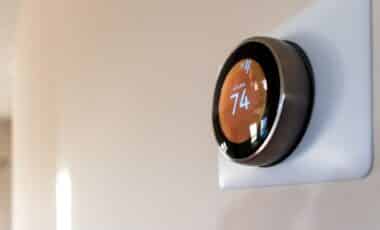Getting out of bed at night to urinate might seem harmless, even routine. But for many, this nightly interruption is more than an inconvenience—it may signal underlying health issues. Recent expert insights from urologists shed new light on what these nocturnal awakenings could mean and how to manage them.
What your bladder is trying to tell you every night?
The urge to urinate during the night—known medically as nycturia—affects millions globally, especially older adults. Though often brushed off as a normal part of aging, nycturia can be triggered by a variety of factors.
Urologists highlight several common culprits: urinary tract infections, overactive bladder, and chronic conditions like diabetes. In older adults, hormonal changes and a reduction in bladder capacity often exacerbate the problem.
Sleep Deeper, Wake Up Radiant: This Juice That Does Both
Your body’s nighttime signals might be health warnings
Waking up once during the night might not be cause for concern. But frequent disruptions—two or more times per night—can point to something more serious. For instance, in individuals with heart failure, fluid that builds up during the day redistributes when lying down, leading to increased urination.
Others may simply be consuming too much fluid, especially caffeinated or alcoholic drinks, in the evening. In women, menopause can also play a role due to hormonal shifts that affect bladder sensitivity and control.
The silent impact of broken sleep
The effects of nycturia go beyond the bladder. Interrupted sleep has a domino effect on overall well-being. Chronic poor sleep contributes to daytime fatigue, irritability, and cognitive issues, especially in older adults.
The physical act of getting up at night also increases the risk of falls, particularly among those with limited mobility. These seemingly minor awakenings can therefore lead to serious consequences if left unaddressed.
Strategies to reduce nighttime awakenings
Fortunately, there are steps to manage or even prevent nycturia. According to Dr. Leslie Rickey and her colleagues, one key is to moderate fluid intake a few hours before bedtime. Specifically, limit drinks containing caffeine or alcohol, which act as diuretics. Regular physical activity helps improve circulation and reduce fluid buildup.
It’s also essential to address any underlying health conditions such as diabetes or bladder infections promptly. Lifestyle changes—like maintaining a consistent sleep schedule—can further help stabilize nighttime patterns.
When it’s time to seek medical advice
If waking up once in the night becomes two or more regular interruptions, and fatigue begins to interfere with daily life, it may be time to talk to a healthcare professional. Persistent nycturia should not be dismissed as a mere annoyance. Early intervention can prevent complications and restore the quality of your sleep—and your life.
Your nightly routine could be telling you more than you think. Rather than ignoring those regular trips to the bathroom, consider them a message from your body. With a few adjustments and, if needed, medical guidance, restful sleep can once again become the norm—not the exception.







